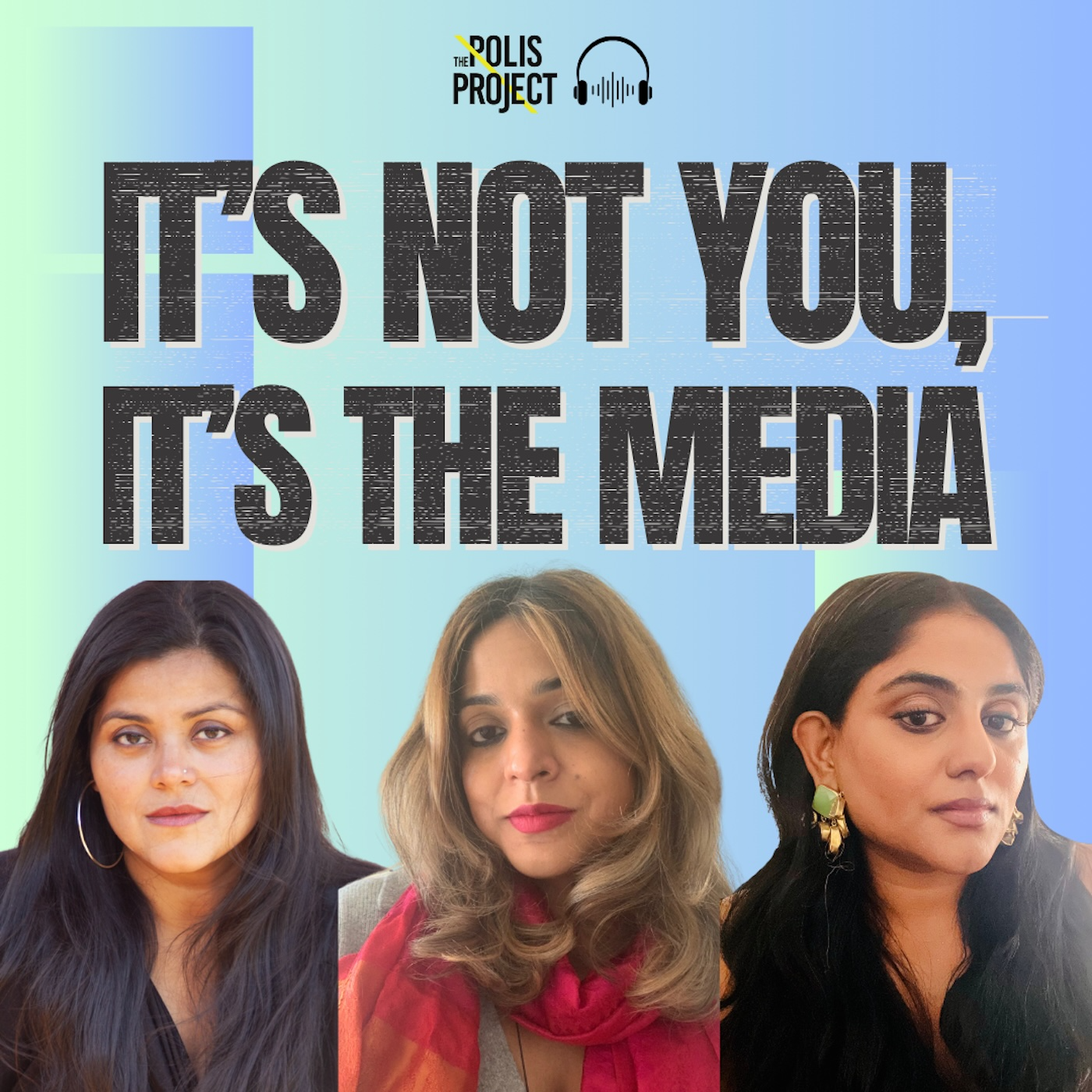Why The Media Won't Call It Genocide
Suchitra, Bhakti, and Madhuri tackle the harrowing question: why won’t the media call what is happening in Palestine a genocide? Through incisive analysis, the hosts unravel the complicity of international law and media institutions in denying and obfuscating the reality of genocide, exposing the colonial frameworks that govern both. They discuss the ICC’s delayed and inadequate response, the ICJ’s groundbreaking yet overlooked ruling, and the broader power structures that perpetuate injustice. This episode draws connections between systemic impunity, media narratives, and the global silence surrounding the atrocities in Gaza.
The conversation also interrogates why the media refrains from using words like “genocide” or “apartheid,” instead acting as a defense mechanism for Israel’s exceptionalism. From the role of institutions like the ICC, ICJ, and the United Nations, to the complicity of major media outlets like The New York Times and the BBC, the hosts explore how language, denialism, and selective accountability create a fertile ground for the erasure of Palestinian lives.
Key Takeaways
-While the ICC issued arrest warrants against Israeli Prime Minister Benjamin Netanyahu and former Defense Minister Yoav Gallant for war crimes and crimes against humanity, the response came years too late and included a false equivalence by prosecuting Hamas officials. The ICJ’s declaration of plausible genocide in Palestine, brought by South Africa, marked a significant moment in international law, yet the media and global powers have largely ignored it.
-International legal structures, including the ICC and ICJ, operate within a colonial framework that selectively applies justice, shielding powerful states like the U.S. and Israel while disproportionately targeting non-Western nations.
-Major outlets avoid terms like “genocide” and “apartheid,” instead opting for euphemisms and passive voice that obscure accountability. Investigative reports revealed that BBC’s Middle East editor, Rafi Berg, has systematically diluted coverage critical of Israel, while The New York Times has a history of employing individuals closely tied to the Israeli military establishment.
-Platforms like TikTok are providing younger audiences with unfiltered narratives, reshaping perceptions of American foreign policy and Israel’s role in the Middle East. Viral moments, such as renewed attention on Osama bin Laden’s letter to America, highlight a growing awareness of suppressed histories.
-Denialism not only erases atrocities but also justifies them, perpetuating the logic of elimination. Israeli officials and media narratives consistently dehumanize Palestinians, with rhetoric that normalizes violence and reinforces the cycle of oppression.
Keywords: Palestine, genocide, media complicity, ICC, ICJ, apartheid, colonialism, international law, Israel exceptionalism, TikTok, propaganda, genocide denial
A podcast by The Polis Project www.thepolisproject.com
References
ICJ ruling on plausible genocide in Palestine: https://www.icj-cij.org/node/203454
ICC arrest warrants for Benjamin Netanyahu and Yoav Gallant: https://news.un.org/en/story/2024/11/1157286
Rome Statute: https://www.icc-cpi.int/sites/default/files/2024-05/Rome-Statute-eng.pdf
Amnesty International, “Israel’s Genocide Against Palestinians in Gaza”: https://www.amnesty.org/en/documents/mde15/8668/2024/en/
Human Rights Watch, “Israel’s Crime of Extermination, Acts of Genocide in Gaza”: https://www.hrw.org/news/2024/12/19/israels-crime-extermination-acts-genocide-gaza
Francesca Albanese, United Nations Human Rights Council, “Anatomy of a Genocide”: https://www.un.org/unispal/document/anatomy-of-a-genocide-report-of-the-special-rapporteur-on-the-situation-of-human-rights-in-the-palestinian-territory-occupied-since-1967-to-human-rights-council-advance-unedited-version-a-hrc-55/
Owen Jones, Drop Site News, “The BBC’s Civil War Over Gaza”: https://www.dropsitenews.com/p/bbc-civil-war-gaza-israel-biased-coverage

